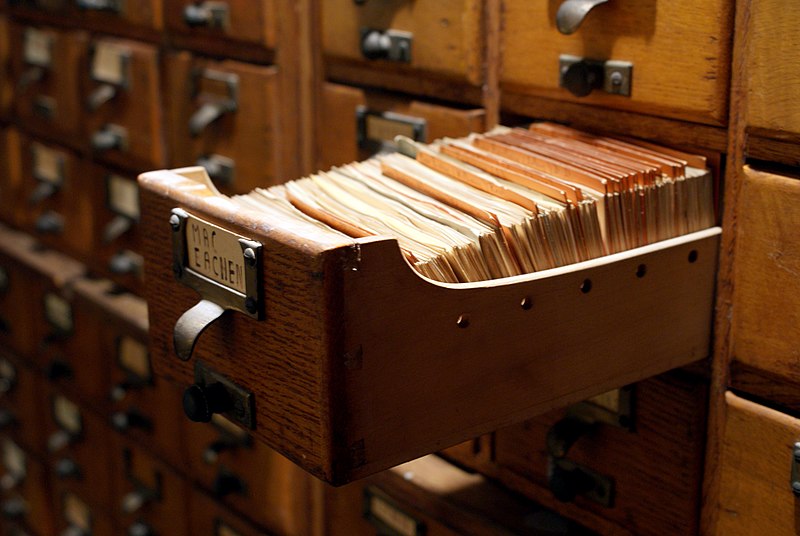The Mundaneum in Mons (European Capital of Culture 2015) organises a lecture by dr. Paul Aron (Université libre de Bruxelles) on the enigmatic figure of Edmond Picard, editor of the famous Pandectes Belges.
Summary:
Dans le cadre du cycle "Le Mundaneum,un réseau de la connaissance"On the author:
Une conférence autour de la personnalité d'Edmond Picard, avocat,
homme politique et intellectuel, celui par qui Paul Otlet et
Henri La Fontaine ont pu se rencontrer ...
Edmond Picard s’est distingué dans de nombreux domaines. Avocat et homme de lettres, il a marqué la vie intellectuelle et politique de son temps. C’est d’ailleurs dans son cabinet, où Henri La Fontaine travaillait comme secrétaire, que se déroula la première rencontre entre Otlet et La Fontaine. Leur travail autour des Pandectes belges (recueil de législation et jurisprudence) pour Picard sera le point de départ de leur réflexion commune sur la bibliographie.
Figure représentative de la Belgique à la fin 19ème siècle, Edmond Picard faisait partie de ce réseau d’échange d’idées et de savoirs en Belgique.
Paul Aron (BE) est docteur en philosophie et lettres à l’ULB, directeur de recherche au FNRS, et professeur de littérature et théorie littéraire à l’ULB. Il est l'auteur avec Cécile Vanderplegen-Diagre de Edmond Picard (1836-1924). Un bourgeois socialiste belge à la fin du dix-neuvième siècle. Essai d’histoire culturelle, (2013).Practical information:
Voir la webinvitationOn the Mundaneum:
INFOS ET RESERVATION : 0032 65 31 53 43 ou info@mundaneum.be
The origins of the Mundaneum go back to the late nineteenth century. Created by two young Belgian jurists, Paul Otlet (1868-1944), the father of documentation, and Henri La Fontaine (1854-1943), Nobel Peace Prize, the project aimed at gathering all the world’s knowledge to file it using the Universal Decimal Classification (UDC) system that they had created.
An international institutions bureau dedicated to knowledge and fraternity, the Mundaneum became, in the 20th century, a universal centre of documentation. Its collections are made up of thousands of books, newspapers, journals, documents, posters, glass plates, postcards and other bibliographic cards that were put together and kept in various buildings in Brussels, including the Palais du Cinquantenaire.
A grandiose project then took shape, that of a World City for which Le Corbusier made scale models and plans. The aim of the World City was to gather, at world level, the great institutions of intellectual work: libraries, museums and universities. Ultimately, this project will never be realised. Purely utopian, the Mundaneum project soon faced the scale of the technical development of its era.
Along with the private archives of the founders, the documentary heritage kept to date contains books, newspapers, journals, documents, posters, glass plates, postcards, the Universal Bibliographic Repertory, the International Newspaper Museum and archive funds on three main themes: pacifism, anarchism and feminism.
Today, the Mundaneum is located in Mons, and since 1998, it has its own exhibition space staged by François Schuiten and Benoît Peeters. In this place hovering between past and present, exhibitions and conferences linked to this exceptional heritage are organised on a regular basis. Celebrations around the hundredth anniversary of Henri La Fontaine’s Nobel Peace Prize are planned in 2013 while 2012 the beginning of a collaboration with Google, which recognises its origins in the Mundaneum, a paper Google (Le Monde, 2009).


No comments:
Post a Comment